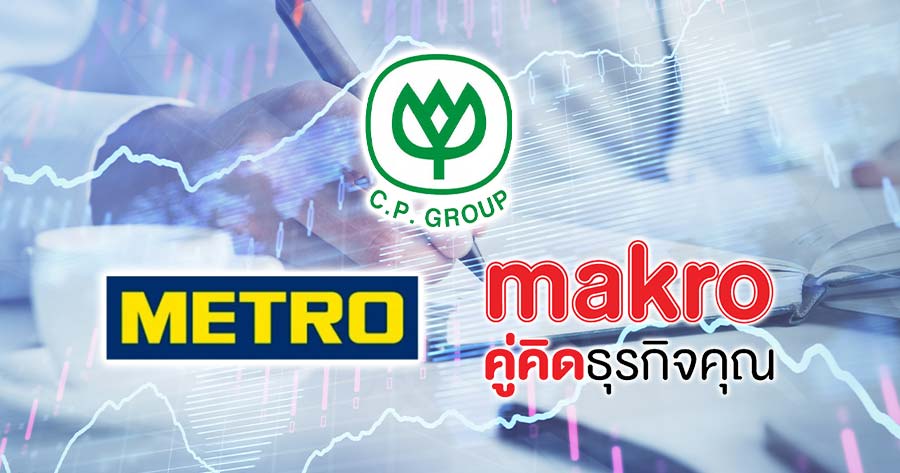As reported by the Economic Times on Monday, Thailand’s largest conglomerate, CP Group, has made a non-binding bid of roughly US$1 billion for India’s leading B2B wholesaler, Metro Cash and Carry. Although it is not clearly stated in the article, analysts at Bualuang Securities believe that Makro, a subsidiary of CP Group, placed the bid.
Metro Cash and Carry is up for sale after its German parent Metro AG decided to exit India because of the want for greater funding to compete with deep-pocketed rivals comparable to Reliance and Amazon.
In 2021, Metro Money and Carry India reported sales of Rs 6,738.3 crore, up 4% from the previous year. The company’s fiscal year runs from October to September.
CP Group, India’s Reliance Retail and Lightspeed Enterprise Companions had been within the fray to amass the German wholesaler’s India enterprise.
CP Group’s offer of $1 billion USD, however, is believed to be pretty close to what the German wholesaler was hoping for.
Although CP Group’s bid of $1 billion USD nearly meets Metro’s expectation, analysts at Bualuang Securities (BLS) said that the transaction would take time to complete due to resistance from political events and foyer teams to offshore investments in retail.
Analysts at BLS believe that such investment was made through CP Group’s affiliate Siam Makro Pcl. (SET: MAKRO), given that MAKRO already has a presence in India by means of tons wholesale shops operating under the name Lot’s.
Analysts anticipate that CP Group’s win in the bidding for India’s Metro will have no effect on the balance sheet, but may dilute profits initially. MAKRO’s net D/E was 0.29x in 2Q22, whereas CPALL’s was 1x. Since CPALL’s Debt Covenant is set at 2x, if MAKRO has to loan the funds, both companies’ net D/E will climb to 0.4x and 1.1x, respectively. As a result of the transaction, MAKRO would carry annual interest costs of THB1.4-1.6 billion, based on Metro’s EBITDA of approximately THB540 million. BLS analysts see this as an overhang on MAKRO’s stock.





